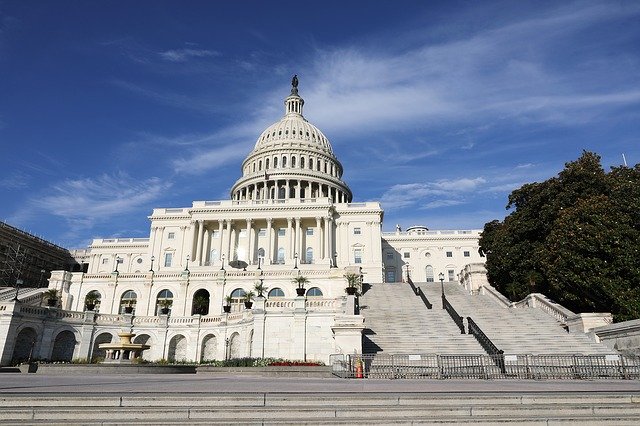The Centers for Medicare & Medicaid Services (CMS) hopes to see the flexibility state Medicaid programs have enacted in telehealth — especially within behavioral health — become permanent.
Daniel Tsai, the deputy administrator and director of the Center for Medicaid and CHIP Services (CMCS), a division of CMS, said that one of the silver linings of the COVID-19 pandemic is the pressure for the routine adoption of telehealth, especially in “ critical pieces like behavioral health and other areas.”
“We are strongly encouraging states to continue to take advantage of those flexibilities and continue to seek out as much adoption — with the right constraints — around telehealth as possible” after the end of the public health emergency, Tsai said.
Tsai and other CMS leaders made comments on a public webcast hosted by CMS on Wednesday.
The impetus for the quick adoption of telehealth came from the onset of the pandemic and many social distancing measures that followed. These included temporary bans on in-person health care for nonemergent care. CMS tracked a more-than 3000% increase in the utilization of telehealth just among Medicare members in 2020.
However, this rapid adoption of telehealth was enabled by public health emergency declarations at the national and state level that relaxed regulations in health care to help mitigate the impact of COVID.
If COVID recedes, states will likely rescind public health emergency declarations and, potentially, undo the progress made in the adoption of telehealth. Various advocacy and health care industry groups have encouraged governors to ensure telehealth continues to face a friendly regulatory environment. Telehealth industry group Alliance for Connected Care sent an open letter signed by 230 health care organizations and industry groups to state governors encouraging this action in October.
Medicaid is administered by the states according to federal regulations and funded by both states and the federal government. The federal government has budgeted about $766 billion for Medicaid in the federal fiscal year 2022, according to public budgeting documents. Medicaid is also the, or one of the, biggest line items in states’ budgets.
Tsai did not get any more specific on how he and CMCS would help make permanent the regulatory environment that allowed telehealth to proliferate.
Dr. Meena Seshamani, the deputy administrator of CMS and the Director of Center for Medicare, said on the webinar that Medicare is examining the sustainability and equity aspects of telehealth.
Behavioral Health Business has previously reported that Medicare made permanent changes to how and what types of care it will reimburse when offered via telehealth. This included provisions for behavioral health that experts say will have a sweeping impact on the industry.
Seshamani acknowledged that telehealth enables ease of access to providers where needed but raises other questions about Medicare beneficiaries having access to technology or other barriers that lead to lower telehealth adoption within specific communities.
“We will continue to work with stakeholders and with others to really evaluate where there are opportunities to further our mission,” Seshamani said.



